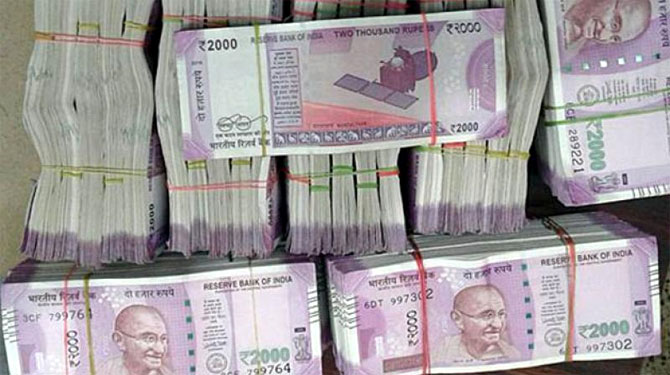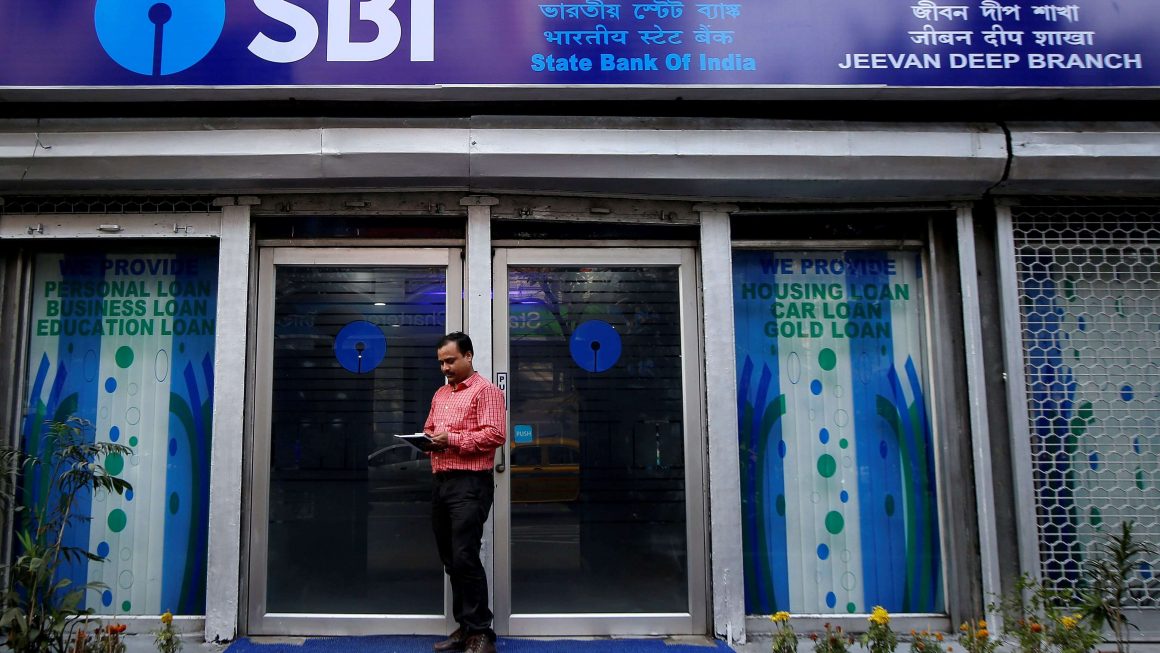NEW DELHI: The note printing subsidiary of the Reserve Bank of India (RBI) has failed to explain how disclosure of data on Rs 2000 notes and Rs 500 notes printed after demonetisation will affect economic interests of the state, the Central Information Commission (CIC) has noted ordering its disclosure.
The Bhartiya Reserve Bank Note Mudran (P) Ltd, a wholly owned subsidiary of the central bank, claimed that details on printing of notes cannot be shared with people as it will result in “proliferation of counterfeit currency and economic chaos”.
The matter was being heard by information commissioner Sudhir Bhargava.
In a surprise demonetisation decision, Prime Minister Narendra Modi had on 8 November 2016 announced that Rs 500 and Rs 1000 notes, which constituted 86% of total currency in circulation, would cease to be legal tender with immediate effect. They were replaced by new Rs 2000 and Rs 500 currency notes but their erratic supply saw empty ATMs and long lines of people outside banks trying to cope with rationing of currency.
One Harinder Dhingra had approached the Central Information Commission (CIC) after he failed to get a satisfactory response to his RTI application seeking to know the total number of newly introduced Rs 2,000 notes and Rs 500 notes printed by RBI between 9 November and 30 November 2016.
The currency printer told Bhargava that the very nature of currency printing and allied activities call for “utmost exclusivity and confidentiality” as such vital information pertaining to overt and covert features of the note, its raw material, printing, stocking, transport details, etc. and these cannot be shared with the public at large, lest this result in proliferation of counterfeit currency and economic chaos.
It also claimed disclosure of the data would prejudicially affect the sovereignty and integrity of India, the security, strategic, economic interests of the country and hence, such information is exempted from disclosure under Section 8(1)(a) of the RTI Act.
Rejecting the arguments, Bhargava said the data of total number of currency notes printed daily is not so sensitive as to attract exemption provisions under Section 8(1)(a) of the RTI Act as it relates to a past event. It cannot be presumed that its disclosure would lead to divulging the other non-disclosable information pertaining to printing of currency notes like raw material, printing, stocking and transport details, he said.
“Further, the CPIO was unable to establish as to how disclosure of the said information would prejudicially affect the economic interests of the country,” Bhargava said ordering disclosure of the information.
Source: Press Trust of India


